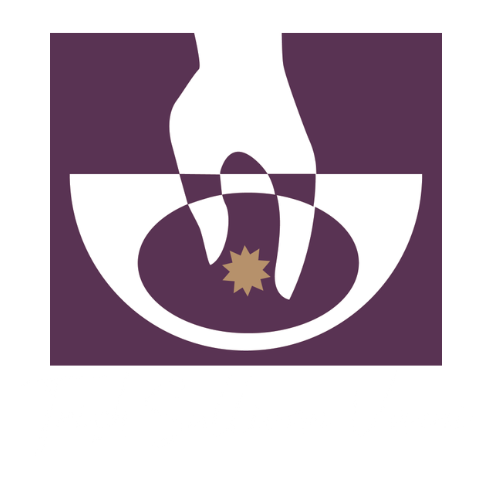A Holy Ramadan for Us All
There’s no denying the amazing religious pluralism in this country. Driving in our southwest suburbs, we not only pass churches and synagogues but mosques and mandirs. In Spring, our neighbors are celebrating Easter (Christian) and Passover (Jewish), and they also celebrating Ridván (Bahai) and Holi (Hindu).
Right now, our Muslim friends and neighbors are in the month-long celebration of Ramadan. I remember well my first encounters with this important period of fasting, prayer, and generous giving, the holiest month of Islam.
Over the years, as my circle of Muslim friends has expanded, I’ve been delighted to be included in Iftar dinners where we broke the fast at dusk – which comes late in Minnesota at this time of year! Ramadan is, in many ways, a month in which relationships are cherished and celebrated, and gathering for that meal is a moment of deep reconnection.
As a Catholic, I grew up in a family that also practiced religious fasting. But we would fast only two days a year: Ash Wednesday and Good Friday. These days bookend the great 40-day holy season of Lent, in which Christians are encouraged to embrace a path similar to that suggested for Ramadan (fasting, prayer, and charity) in preparation for the great feast of Easter, the holiest day in the Christian calendar.
Recently, Interfaith Circle convened a conversation at the Community Center entitled “Becoming One.” People of different faiths and cultural roots met to share their experiences. The goal was to take the theme of our November Interfaith Circle Thanksgiving Celebration to a deeper, more personal level.
I was very moved by the conversation at my table, which included Christians, Bahais and Muslims. We spoke of experiences of inclusion and exclusion, and our table was not the only one at which tears were shed.
Just a few days later, I had the treat of hearing the Rev. Dr. Barbara Brown Taylor, an Episcopal priest and theologian at the Westminster Town Hall Forum. Dr. Taylor is a renowned author, and a voice to the Christian community on interfaith engagement.
She spoke to us about the great biblical scholar Rev. Dr. Krister Stendahl of Harvard Divinity School, who offered principles for interfaith understanding. Among them are “don’t compare your best to their worst,” and “leave room for holy envy.”
As I watch the devotion and discipline of my Muslim friends during Ramadan, I have room for “holy envy.” I appreciate their personal discipline and sacrifice. I appreciate that they are striving to come close to the one God beyond all naming. I appreciate that the community is strengthened and connected as the days pass.
And I allow myself to feel some regret that my Christian community has to a large degree let go of the power of fasting. After all, all our Catholic “feast” days were in contrast to our “fast” days!
There are Christians who observe Ramadan, which didn’t entirely surprise me. They include Brian McLaren, another theologian minister. He observes Ramadan not to convert his Muslim friends but as act of solidarity—hoping for healing religious violence. “We, as Christians, humbly seek to join Muslims in this observance of Ramadan as a God-honoring expression of peace, fellowship, and neighborliness,” he wrote in his blog.
While few of us may be willing to take that leap, I do have a suggestion for readers of this column. It comes from hearing my friend Nanette at the “Becoming One” gathering. She described the pain of rarely receive holiday wishes from friends and colleagues during her Bahai holy days. Similarly, at our table, my friend Mina shared her experiences of the ways people ignore Ramadan.
Given that I believe that people are, to a great degree, kind and good, I’d like to believe that is less the result of ill will than lack of understanding. So let’s all start simply! If you can, discover the riches of Simchat Torah, Diwali, Epiphany and the other feasts and festivals of your friends of different religious backgrounds. They’re a google search away!
And in this month, offer your greetings! “Happy Ramadan.” Or if you’re adventurous about language, try “Ramadan Mubarak” (Happy Ramadan) or “Ramadan Kareem” (Have a generous Ramadan). Those of us who are not Muslim have until Eid, the final day of Ramadan, to extend ourselves just a bit, and move forward ourselves on the path of interreligious understanding and peace.
